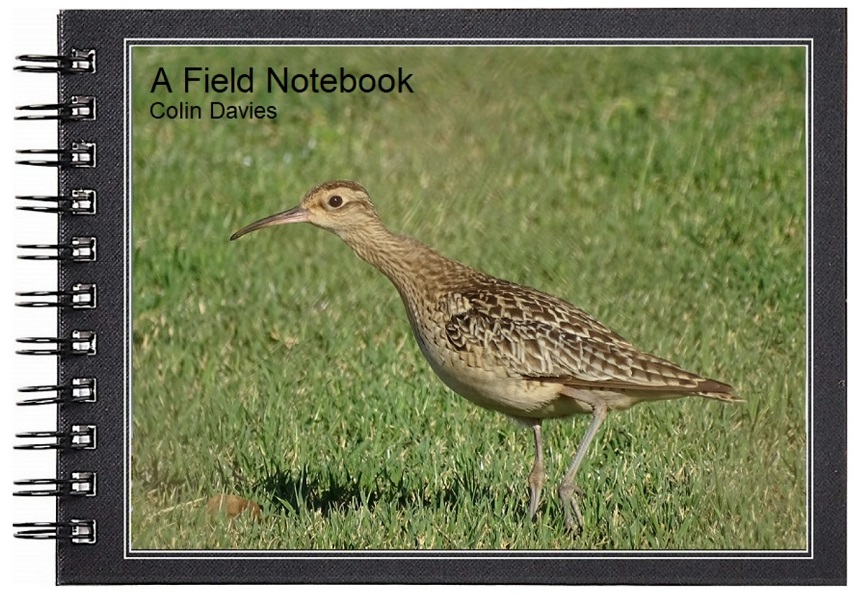The difference between watching gulls at a recycling centre and waiting for
them to arrive on a freezing cold evening at the Pennington Flash gull roost
is like chalk and cheese. At the flash, the vast majority of the gulls arrive
around sunset and many later than that. Perhaps 5000 birds arriving within a
30 minute period in rapidly fading light, after which it's pitch black
rendering shade of mantle obsolete. On top of that they can be up to 400m
distant and all sitting on the water looking straight at you, stretching
optics to their limit. Not a chance of seeing leg colour even if there was
enough daylight, and try taking a photo of a bird in these conditions and see
how you get on. Identifications need to be made quickly or you risk not being
able to scan through the whole flock before it goes dark. Some birds you just
have to skip over because you just don't have time for a detailed examination.
At the recycling centre there are less birds and with luck they'll settle on a
convenient roof at relatively close range and stay there for a while to allow
you to carefully examine the vital identification features of each species.
Best of all, it's still daylight! Yes they might keep flying around every time
another batch of food is delivered and when they return to the roof some of
the back birds may be difficult to observe in the tight packed ranks, but
believe me it's infinitely easier than at the gull roost. So today we headed
for WSR recycling at Widnes where we had a really enjoyable few hours trying
to hone our gull identification skills.
We saw the third winter Kumlien's gull almost immediately and it showed as
well as I've ever seen it. Unfortunately there was no sign of the adult glaucous gull that was present
yesterday.
The Kumlien's gull is a really smart bird but prior to today I hadn't really
noticed the features which make it this subspecies and not just a regular
Iceland gull. I'm told that it's at the pale end for a Kumlien's.
 |
| Third winter Kumlien's gull © John Tymon |
However today we managed to see some of the features of Kumlien's, such as the
dark markings on the outer webs of the outer primaries, as captured in this
photo by John Tymon.







No comments:
Post a Comment